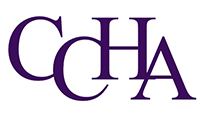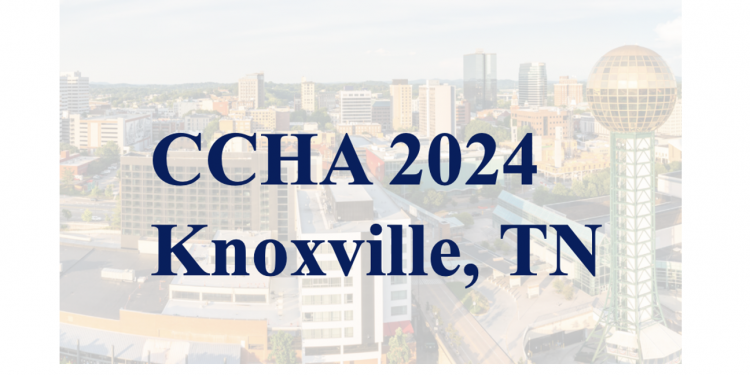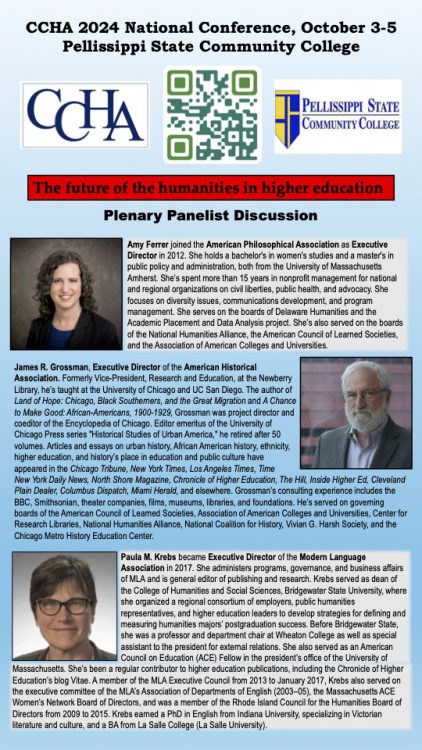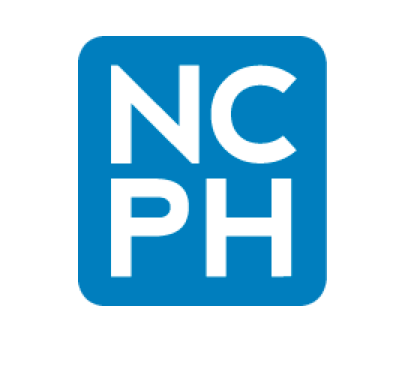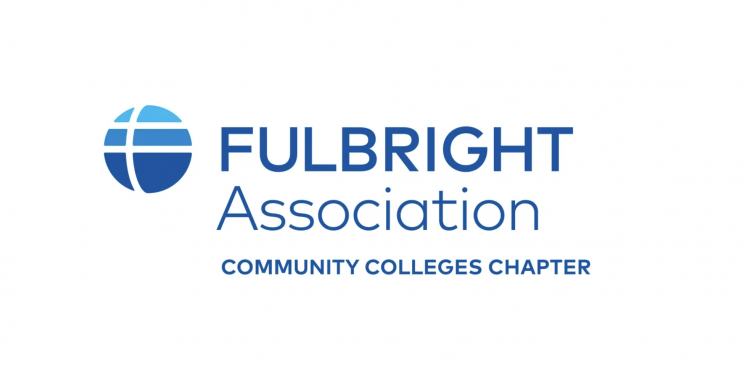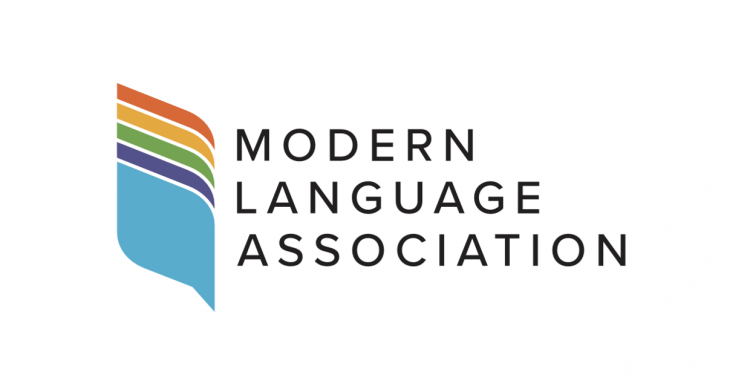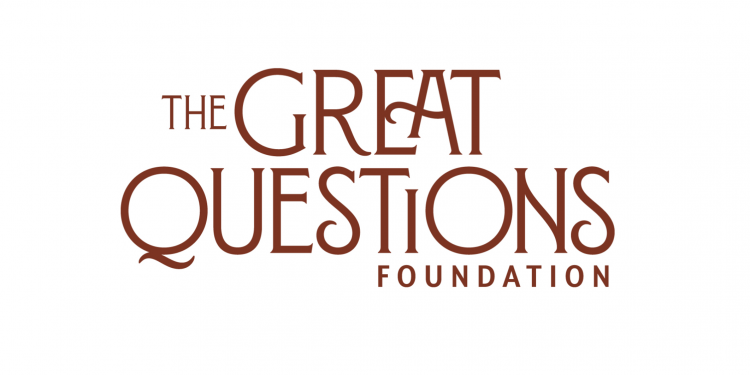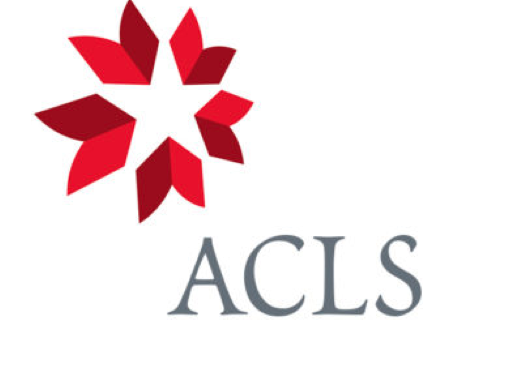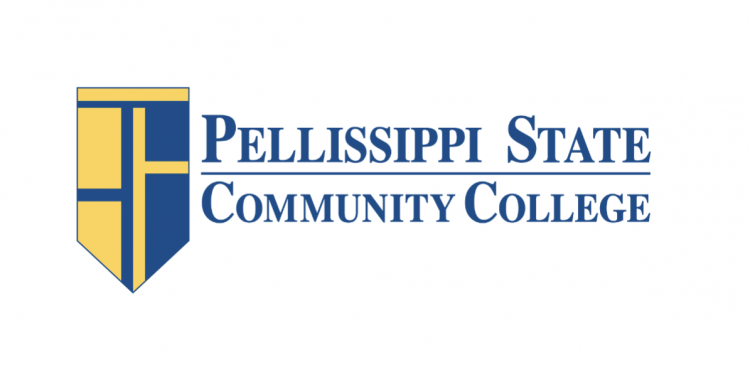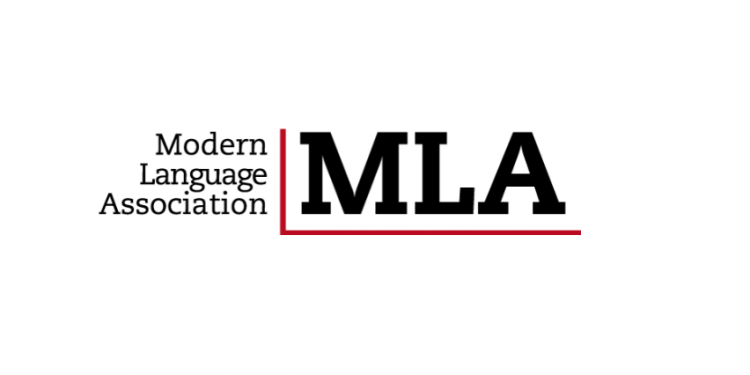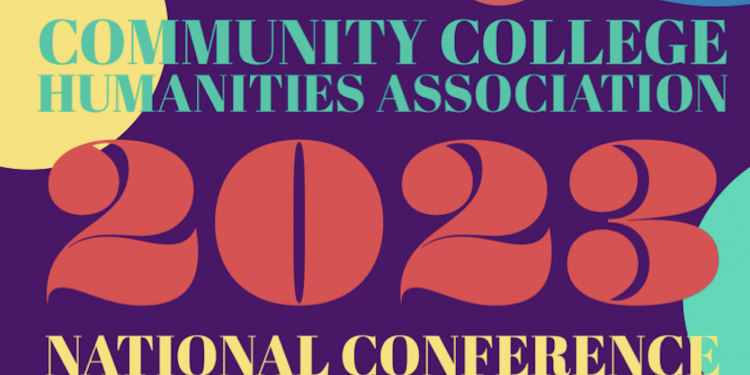CCHA is pleased to announce the speakers for our Friday plenary session. The panel will be comprised of Amy Ferrer, Executive Director of the American Philosophical Association (APA); James Grossman, Executive Director of the American Historical Association (AHA); and Paula Krebs, Executive Director of the Modern Language Association (MLA). See below for more info on our esteemed panel participants. More information, including the bios for our panelists, is available at the link here. While you’re there, be sure to check out the many attractions within walking distance from the conference hotel, which can also be found here. We look forward to seeing you in Knoxville in October!
Call for Proposals: The 2025 National Council on Public History Annual Meeting
NATIONAL COUNCIL ON PUBLIC HISTORY ANNUAL MEETING
MONTRÉAL, QUÉBEC, CANADA | MARCH 26-29, 2025
Solidarity (from the French solidarité) is a word for shared responsibilities and mutual obligations. It conveys a sense of interconnectedness with our world and interdependence upon each other. Long present in France’s code civile, to be in solidarity is to assume shared debts and claim shared successes, so that when we rise, we rise together.
As 21st century public historians, we work through multiple lenses, share diverse stories, and interpret and make relatable to the public complex histories that sometimes counter long-held ‘truths.’ As a result, our work beckons for a sense of collective purpose to support achieving common ground across the field.
The 2025 NCPH Annual Meeting will center around the theme Solidarity. Pondering the question—What does Solidarity mean in the field of public history?—leads us to consider what we collectively value in the field and how we progress together as public history workers. Amplifying voices, building connections, unifying our audiences, advocating for and revealing authentic histories, fostering and promoting safe spaces, and mirroring these values internally within our organizations are a few examples of how we realize Solidarity across the field.
While submissions on all topics are welcome, in exploring Solidarity, the Joint 2025 Program and Local Arrangements Committee co-chairs particularly encourage you to consider a few of the examples below:
- Sessions related to public history labor and public historians as workers, including efforts to improve compensation and working conditions in the field and in our institutions;
- Sessions which model collaboration between public historians and relevant stakeholders, especially community members and grassroots organizers;
- Sessions which demonstrate solidarity between public historians and activist movements or protests;
- Sessions which display international cooperation and collaboration across borders;
- Sessions which explicitly consider our shared responsibilities as public historians: to each other, to the communities we serve, to the pasts, people, and places we interpret, and to the world we live in;
- Sessions which ask us to evaluate the past and present work of public history to consider the shared debts we must pay;
- Sessions which consider public history work as a projet de société—in Québec, a societal project.
PRESENTATION FORMATS MAY INCLUDE:
ROUNDTABLE (90 mins): Roundtables are typically about half presentation and half discussion among presenters and the audience. Presenters should bring targeted questions to pose to others at the table in order to learn from and with each other.
STRUCTURED CONVERSATION (90 mins): These facilitated, participant-driven discussions are designed to prioritize audience dialogue and may contain little or no formal presentation component.
TRADITIONAL PANEL (90 mins): At least three presenters, a chair, and optional commentator. While this is the most traditional format, we still highly discourage the reading of papers.
COMMUNITY VIEWPOINTS (90 mins): A showcase that features a variety of stakeholder and collaborator perspectives across stages of the project’s development, with a particular focus on community participants and grassroots collaborators.
INDIVIDUAL (~30 mins): While individual proposals are welcome, individual presentations will either be shorter than a full session or will be combined with similar proposals to make a full session. These should be presentations of your work and, like all other sessions, not a reading of a paper.
WORKING GROUP (2 hrs): Facilitators and up to 12 discussants grapple with a shared concern. Before and during the meeting, working groups articulate a purpose they are working toward or a problem they are actively trying to solve and aim to create an end product. Proposals are submitted by facilitators, who will seek discussants after acceptance.
WORKSHOP (4 or 8 hrs): A half- or full-day workshop is a more intensive and skills-based deep-dive into a topic that includes concrete practical tools and lessons for a smaller group of attendees (recommended 15- 30 people).
PROPOSAL SUBMISSION GUIDELINES
OPTIONAL EARLY TOPIC PROPOSALS: Consider submitting an optional early topic proposal by June 15, 2024 to gather suggestions on your topic, seek collaborators or co-presenters, and get feedback from the 2025 Program Committee and members of the NCPH community. Respondents will contact the original submitter directly with their ideas or offers, and the submitter may choose to select additional participants, refine the proposal, and complete a full proposal form online by the July deadline.
FINAL PROPOSALS: Submit your fully formed session, working group, or workshop proposal online by July 15, 2024 via https://ncph.org/conference/2025-annual-meeting/cfps/. (Please note that working group and workshop proposal forms are separate from the main session proposal form.)
When filling out your proposal, please let us know if your session will be in English or in French, as we are planning for a track of sessions in French with simultaneous translation.
While individuals are not prohibited from presenting in consecutive years at the meeting, session proposals that include new voices will receive preference. Additionally, participants may be presenting members of only one session, but may also be discussants in Working Groups or serve as chair/facilitator on a second session.
QUESTIONS? Please email Program Manager Meghan Hillman at meghillm@iu.edu. The Call for Posters and Call for Working Group Discussants will come in spring 2024.
Inaugural Event of the Community Colleges Chapter of the Fulbright Association
From a Two-Year College to a Lifetime of Learning: What Fulbright Means to Me
Join the Community Colleges Chapter of the Fulbright Association for our inaugural event on
Monday, June 3, 2024 at 7 p.m. ET by Zoom. Go here to join the meeting.
Formed in January, our chapter aims to advance the visibility of the Fulbright Program in America’s nearly 1,200 2-year community and technical colleges.
In this first gathering, we will introduce you to our chapter, its board and officers, and goals. Following an introduction by president David J. Smith, George Mason University (Fulbright U.S. Scholar, Estonia 2003-2004), the program will continue with a discussion with a panel of board members who will discuss their experiences in the Fulbright Program.
The moderator will be Stephanie Hallock, Harford Community College (Fulbright Specialist 2023). The panel will include:
- Selina LeMay-Klippel, North Country Community College (Fulbright U.S. Scholar, Russia 2028)
- Tabitha Morgan, Community College of Philadelphia (Fulbright U.S. Scholar, Mexico, 2021-2022)
- Vincent L. Briley, Montgomery College (Fulbright U.S. – Germany International Education Administrators Program, 2012)
Panelists will share their experiences in the Fulbright Program including their motivation for applying and how it made a difference in their personal and professional lives. This will be followed by questions from the audience.
We invite all those interested in supporting Fulbright Program awareness in community colleges to join us (even if you have not received a grant). Those who received grants as part of their post-undergraduate educational experiences (i.e., research based or ETA), as part of a Fulbright-Hays grant, and as a visiting Fulbright grantee are especially encouraged to join us.
We can be reached by email at: communitycolleges@fulbright.org
More info here.
An Excellent Seminar Opportunity from MLA (Quick Turnaround Deadline 5/7!)
Dear colleagues,
At the Modern Language Association convention in 2025, we’re running a seminar titled “Community-Engaged Pedagogy and the Scholarship of Teaching Learning.” For a quick description:
This seminar will give participants an opportunity to develop writing in the scholarship of teaching and learning, particularly grounded in community-engaged pedagogy in languages and literatures. Seminar participants should be working toward the production of a specific project in the scholarship of teaching and learning, with a focus on the practices and outcomes of community-engaged pedagogy.
Facilitator: Jennifer Maloy (Queensborough Comm. Coll., City Univ. of New York)
Seminars are a fairly new offering at the MLA convention, and still in a pilot phase. We ran a few last year to good success, and we’re hoping to expand this year. Participants share work in advance of the convention, and spend the session discussing and envisioning future projects.
We’re extending the proposal deadline for a few days until the end of day 7 May. I know this is a bit of a tight turnaround, but we’re hoping some targeted outreach will help bring in more proposals. This is a wonderful opportunity for sharing research and building intellectual community for anyone at any career stage or in any position.
Folks interested should submit at the Convention Seminar page, and the short application consists of:
· Abstract (up to 250 words) that outlines the main argument of the proposed submission
· A brief CV or bio (no more than two pages)
· A statement (up to 250 words) that details interest in the seminar and how it relates to professional development or future research work.
Thank you,
Your Colleagues at MLA
Summer Workshop Opportunity with The Great Questions Foundation
TGQF develops and supports opportunities for students to think deeply and broadly about the human condition in required general education curricula at community colleges. Our summer course redesign workshops for faculty are a central part of this work. These online workshops have helped faculty members from twenty-eight different institutions incorporate the discussion-based study of transformative texts and ideas in general education courses they teach at community colleges. To date, about 1,600 students have completed courses supported by this effort.
Please consider applying or encouraging a colleague to apply to participate in one of our summer workshops!
Participants receive a $600 stipend upon successful completion of an online workshop.
ACLS Opportunity: Research Funding for Community College Humanities Faculty
Join the fine folks from the American Council of Learned Societies (ACLS) on Tuesday, March 5, 2024 at 3:30 PM EST for a webinar for community college faculty in the humanities. The webinar will feature staff from ACLS and the National Endowment for the Humanities (NEH), who will review information about current funding opportunities at their organizations as well as application tips and strategies keyed to the specific research, teaching, and service conditions of community college faculty.
More info, including registration, can be found HERE.
National Humanities Alliance (NHA) Lauds Latest Round of NEH Grants
From the NHA:
NHA Lauds Latest Round of NEH Grants
WASHINGTON, D.C. – The National Humanities Alliance released the following statement today from its Executive Director Stephen Kidd on the January announcement of $33.8 million in grants from the National Endowment for the Humanities to support 260 humanities projects nationwide:
“As part of the American Tapestry: Weaving Together Past, Present, and Future initiative, the National Endowment for the Humanities (NEH) will support 28 small and mid-sized cultural organizations in underserved communities in strengthening their public humanities programming through its newest grant line, Public Impact Projects at Smaller Organizations. Preservation and Access Education and Training Grants will help further conservation training across the country to ensure effective stewardship of humanities collections. More than 100 NEH Fellowships and Awards for Faculty will support humanities research at higher education institutions throughout the U.S. And 30 Infrastructure and Capacity Building Challenge grants will encourage local investment as organizations work to sustain and bolster humanities infrastructure.”
“We are immensely proud of the NEH’s impact across the U.S. and will continue advocating for increased federal support for future grants in 2024 and beyond.”
####
| Institution/Organization | FirstName | LastName | Title | Description | Outright | Matching |
| Georgia State University Research Foundation, Inc. | Kathryn | Crowther | Discovering Where We Are: Place-Based Experiential Learning on Two-Year Commuter Campuses | A three-year project to create experiential learning courses and community-based student projects at a two-year college. | $150,000 | $0 |
| De Anza Community College | Lori | Clinchard | Voices of Silicon Valley: Using Heritage Discourse to Counteract Placelessness and Build Belonging | A three-year oral history project on the history of Silicon Valley. | $150,000 | $0 |
| Delaware County Community College | Ife | Williams | Mapping Resistance of Africans and African Descendants to Colonialism and Segregation, 1945-1990 | A 15-month project to create curricular materials on resistance of Africans and African descendants to segregation and colonialism in the late twentieth century. | $150,000 | $0 |
| Miami Dade College North Campus | Jose | Vazquez | Going Overtown Digital Project for Miami | Planning an immersive virtual reality experience and a website examining the history of vanished African American neighborhoods of Miami. | $30,000 | $0 |
| CUNY Research Foundation, Queensborough Community College | Agnieszka | Tuszynska | “A Damn Hard Fight”: The Life of Willard Motley | Research and writing for a critical biography of African American novelist Willard Motley (1909–1965). | $60,000 | $0 |
Thank You, Austin! Hello, Knoxville! National Conference News and Updates
We are pleased to announce that CCHA will be partnering with Pellissippi State Community College to hold the 2024 National Conference in Knoxville, Tennessee! The specific dates are still being settled, so be on the lookout for more information.
We would also like to take a moment to thank the good people of the Austin Community College District for their hard work in putting on an incredible conference experience! Additionally, a big thank you to all of you who joined us for a great conference punctuated by some great nightlife. Thank you, Austin!
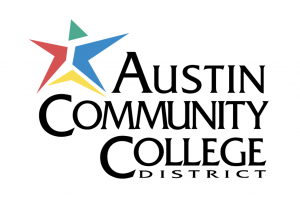
Call for Submissions: MLA’s “Committee on Community Colleges” Blog Opportunity
Call for Submissions
The Modern Language Association’s Committee on Community Colleges invites submissions for its monthly blog. We seek brief articles or reflections on themes germane to community college humanities education. Topics can include, but are not limited to:
- innovations in curriculum development and pedagogy
- professional development and scholarship
- cross-disciplinary collaboration within and beyond the humanities
- community partnerships
- public humanities programming
- connections with community college reform initiatives
- relevance of the humanities to underserved and underrepresented student populations
- intersections of humanities education and career readiness
Please send submissions (400-1200 words) to Mike Jacobs at mjacobs20@monroecc.edu
2023 Conference Attendees: A Message from Executive Director Rusnak
From the CCHA Executive Director, Andrew Rusnak
CCHA National Conference, Austin Community College, October 12-14th
Austin City Limits Music Fest will be in full swing as community college humanities professors from around the country descend on Austin Community College and the Hilton Embassy Suites October 12-14 to celebrate CCHA’s 2023 National Conference. A vibrant, cultural city, Austin is perfect for foodies and music lovers. Our very gracious hosts at Austin Community College are working extremely hard to bring you a memorable academic and social experience. We hope that when you depart, it’s with lots of useful takeaways, connections to new friends, meaningful experiences, and reconnections with old acquaintances.
For planning, several items I would like to bring your attention to as well as ask for your patience:
- If you plan to attend the Thursday night reception at the host hotel and wish to imbibe, please bring cash, as it’s a cash bar only.
- On Friday, starting at 7am and running until 6pm, there will be a 40-seat bus that circulates from the hotel to ACC’s campus. The distance is about 2.5 miles on the street and one run will take approximately 7 minutes depending on traffic. On Saturday, a 24-seat bus will run from 7am to 3pm. Since it is a very busy weekend in Austin, shuttle services were limited, and this is all we could secure. There will be no shuttle service for Thursday workshops. The walk is estimated to be 21 minutes. Directions for hikers: Austin Community College: Highland Campus to Embassy Suites by Hilton Austin Central – Google Maps.
- Since we will not be able to have lunch concurrent with the plenary sessions on Friday and Saturday, we ordered a variety of sandwich type options for both days in order to expedite the one-hour time we will have to actually dine before moving into the plenary session area. ACC has a great on-campus catering service and will provide a number of meat and vegetarian options.
- Transportation from the Airport. There are a number of public options: “There are several bus services available at the airport, including Capital Metro, Greyhound, and Megabus. Capital Metro offers several bus lines that run from the airport to downtown Austin, including Route 20, Route 100, and Route 350. These lines operate daily and have frequent departures throughout the day.” There also are shared ride options that are allowed to pickup near your gate: “Rideshare Pickup/Dropoff Instructions for Austin Bergstrom International Airport. Rideshare services such as Uber and Lyft can drop you off at the departure level, along side regular passengers and taxis. Notify your driver of the airlines and preferably the terminal upon entering the airport premises.”
- We hope that you make time to get out and explore the wonderful City of Austin. Getting around the city, there are a number of options: “The best way to get around Austin is by bus and light rail. Some travelers recommend a car; however, the expense and pains of one are enough to encourage many visitors to use Capital Metro – Austin’s public transit system.” Here is the link to the city’s Bus, Metro Rail, and Express Options, a great site for scheduling: Schedules & Maps – CapMetro – Austin Public Transit. Uber and Lyft also are available, as well as cab service:
Cost of a taxi in Austin
- Base fare: $2.50 (€2.20)
- Price per km: $1.50 (€1.30)
- Yellow Cab Austin: +1 512 452 9999
- Austin Express Cab Service +1 512 666 41410
- Pronto Rides: +1 512 580 3779
You won’t have to go far to explore much of what Austin has to offer. As mentioned above, the music festival will be in full throttle the weekend of our conference. Build in “sitting in traffic” at peak times. Austin ranks very low when it comes to overall and violent crime in major US cities and is considered one of America’s safest. That said, always be cognizant of your immediate surroundings. Practice situational awareness and follow all necessary protocols for guarding your safety and personal possessions. Here are a couple of ideas for fun:
Austin Visitor Guide
Digital Austin Visitor Guide
Sixth Street (Music Row)
Sixth Street is distinctly Austin. With its colorful and bustling array of bars, restaurants and entertainment venues, it’s a sure bet for experiencing local characters and the vibrancy of the city.
Guide to Austin’s 6th Street (6street.com)
Austin Attendee Guide
Attendee Guide
Austin restaurants and Bars Guide
Best Austin Restaurants & Bars Guide – Cookie and Kate
21 Best Restaurants in Austin
The 21 Best Restaurants in Austin for an Epic Meal (timeout.com)
Austin Museums
10 Cool Museums to Visit in Austin | Visit Austin, TX (austintexas.org)
Cool Things to Do
Things To Do in Austin, Texas (austincityguide.com)
Discounts Around the City
Austin Insider Deals
